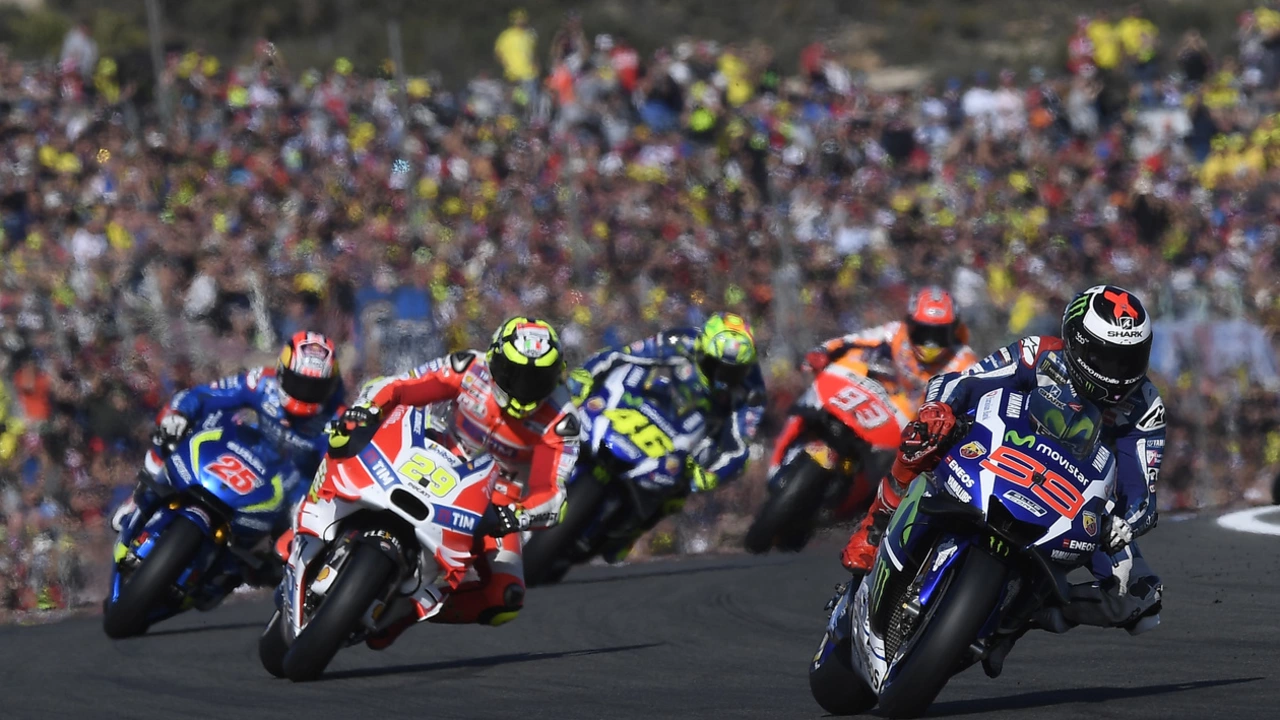
Understanding the Basics of Superbike Racing
Before you get started in superbike racing, it's crucial to understand the sport's basic concepts and terminologies. Superbike racing, such as WSBK (World Superbike Championship) and MotoGP (Motorcycle Grand Prix), is a high-speed, adrenaline-fueled sport where riders compete on powerful, highly tuned motorcycles. It demands a great deal of physical strength, mental toughness, and advanced riding skills. It's not just about riding fast, but also about understanding the bike, the track, and the competition.
Each race series has its own unique rules and specifications. For instance, WSBK motorcycles are derived from standard production models, while MotoGP bikes are purpose-built racing machines. Both series require a deep understanding of motorcycle mechanics and a high level of riding skill. It's worth spending some time researching and familiarizing yourself with these distinctions before moving forward.
Getting the Right Training
To compete in superbike racing, proper training is a must. It's not enough to be a good street rider; racing demands a whole new set of skills. There are many motorcycle racing schools around the world that offer courses for beginners. These schools not only teach you how to ride a superbike at high speed but also educate you on the rules of the racetrack, safety measures, and racing strategies.
Training with a professional can also help to hone your skills and develop your riding style. They can provide valuable insights from their own experiences that you won't find in a book or online. Remember, though, that becoming a skilled racer doesn't happen overnight. It requires dedication, patience, and a lot of practice.
Investing in the Right Equipment
Having the right equipment is essential in superbike racing. This includes a high-performing superbike, a high-quality helmet, leathers, gloves, and boots. These items are not only necessary for performance but also for your safety. When buying a superbike, consider your skill level, the type of racing you want to do, and your budget. Remember, the most expensive bike isn't always the best for a beginner.
As for safety gear, don't skimp on quality. Look for certified products that offer maximum protection. Also, make sure that they fit well. Ill-fitting gear can not only be uncomfortable but also dangerous. And remember, when you're racing at speeds of over 200 km/h, the last thing you want to worry about is your gear.
Starting with Amateur Racing
Once you've got the right training and equipment, the next step is to start racing. But don't jump straight into professional competitions like WSBK or MotoGP. Instead, start with amateur or local races. These events are a great opportunity to gain racing experience, learn how to handle the pressure of competition, and understand how races are organized and run.
Furthermore, participating in these races can offer valuable networking opportunities. You can meet other racers, team managers, and industry professionals who can provide advice or potentially open doors for you in the professional racing world. Remember, every professional racer started somewhere, and many began their careers in local races.
Working Your Way Up the Ranks
After gaining experience in amateur racing, you can start to work your way up the ranks. This may mean moving on to national competitions or even international ones. However, making this leap requires not only skill but also financial backing, as racing at these levels can be expensive. This is where sponsors come in. They can provide the financial support needed to compete at higher levels in exchange for advertising opportunities.
It's also important to note that moving up the ranks doesn't just depend on winning races. It also requires consistency, professionalism, and a good attitude. Teams and sponsors look for riders who are committed, reliable, and easy to work with. So, while you're focusing on improving your racing skills, don't forget to work on your off-track behavior as well.
Entering Professional Racing
Once you've made a name for yourself in national or international races, you might be ready to enter professional racing. This is a big step, and it requires a lot of preparation, both physically and mentally. You'll be racing against the best of the best, and the competition will be fierce.
At this level, having a good team behind you is crucial. They can provide the necessary support and resources to compete effectively. This includes mechanics, coaches, nutritionists, and more. And remember, even when you reach this stage, the learning never stops. The world of professional superbike racing is always evolving, and you need to stay up-to-date with the latest techniques, strategies, and technologies to stay competitive.
